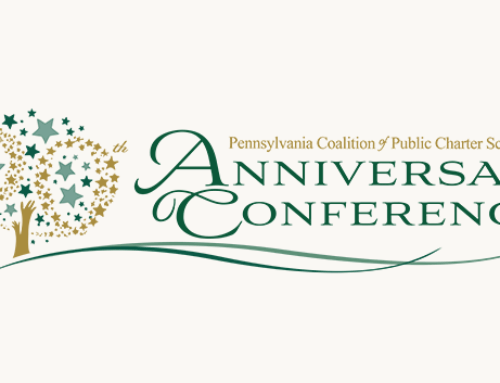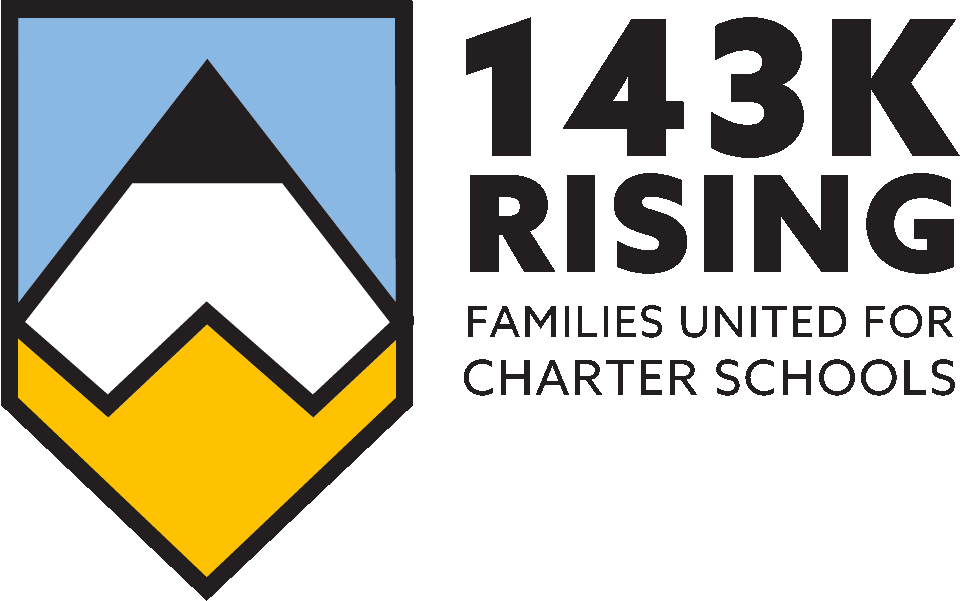Pennsylvania’s education landscape reveals a stark contrast between regions with abundant educational opportunities and those facing significant access challenges. While cities like Philadelphia, Pittsburgh, Erie, and Allentown benefit from a diverse array of educational institutions, other areas of the state are grappling with “education deserts,” where residents have limited access to quality educational resources. This disparity has profound implications for economic equity and community development.
The Concept of Education Deserts
An “education desert” refers to regions where educational opportunities are scarce, encompassing preschools, K-12 schools, technical schools, community colleges, and universities. In these areas, the lack of diverse and accessible educational options can severely restrict students’ academic and professional advancement, leading to broader economic and social inequalities.
The Impact of Education Deserts in Pennsylvania
In Pennsylvania, education deserts are evident in many rural and economically disadvantaged areas. For example, in parts of northern and central Pennsylvania, such as Potter and Cameron counties, students often face significant obstacles in accessing quality educational resources. These regions typically lack a variety of educational institutions, including public charter schools and specialized technical programs, which are essential for providing students with a range of learning environments and opportunities.
Dr. Anne Clark, CEO of the Pennsylvania Coalition of Public Charter Schools, has emphasized the importance of addressing these disparities. She stated, “Education deserts are a significant barrier to economic mobility and community development. Without access to a variety of educational options, students in these areas are deprived of the opportunities they need to succeed, which in turn hinders the overall economic growth of the region.”
Contrasting Examples: Philadelphia, Pittsburgh, Erie, and Allentown
Philadelphia offers a diverse range of educational options, including a mix of public schools, public charter schools, and private institutions, alongside a robust higher education sector with numerous universities and colleges. This variety fosters a competitive academic environment and contributes to the city’s economic growth by creating a skilled workforce and attracting businesses.
Pittsburgh also benefits from a wide array of educational institutions. The city’s strong network of public and private schools, along with well-regarded universities and technical schools, has been crucial in its economic revival. Pittsburgh’s educational ecosystem supports the city’s transition into technology and healthcare sectors, driving economic development and job creation.
Erie, while smaller, offers a range of educational opportunities, including community colleges and technical schools that provide essential workforce training. These institutions help bridge the gap between high school education and employment, supporting local economic stability and growth.
Allentown presents a notable example of a city that has successfully balanced educational opportunities. The city boasts a mix of public schools, public charter schools, and private institutions, along with access to higher education through community colleges and universities. This diversity has fostered a competitive academic environment and contributed to Allentown’s economic growth. The availability of various educational options has attracted businesses and industries, leading to an increase in job opportunities and economic development in the community.
Addressing Education Deserts: A Path Forward
To tackle the challenges posed by education deserts, Pennsylvania must focus on policies that enhance educational equity and access. This includes expanding the availability of public charter schools, investing in early childhood education, and supporting higher education institutions in underserved areas. Collaborations between schools, businesses, and community organizations can also help bridge gaps in educational access and create more pathways to success for students.
Investing in education is crucial for building stronger, more resilient communities. As Dr. Anne Clark notes, “Providing equitable access to quality education is essential for ensuring that all Pennsylvanians have the opportunity to achieve their full potential. It is a critical component of our state’s economic development strategy and a vital step toward a more just and prosperous society.”
In conclusion, while cities like Philadelphia, Pittsburgh, Erie, and Allentown benefit from a rich array of educational opportunities, education deserts persist in other parts of Pennsylvania, exacerbating economic and social disparities. Addressing these gaps is essential for fostering economic equity and ensuring that all residents have the opportunity to thrive.
Starting a Charter School Webinar and Conference
During PCPCS’ annual conference at the Wyndham Lancaster Resort this fall, there will be an in-person training session on how to Start a Charter School. This in-person session will take place on Wednesday, October 9, from 9:00 a.m. to 3:00 p.m. To support those considering beginning this charter journey, we will offer two evening webinar sessions leading up to the conference for an overview and insights on what starting a charter school entails. All sessions will be led by Pat Hennessy, Partner, Barton Gilman Law.
In our webinar offered at 6:30pm on August 21, you’ll receive insights on how to:
● Begin initial planning for a new charter school
● Navigate the charter application process
● Build a strong foundation for academic achievement and organizational success
When attending the charter school fundamentals seminar on Wednesday, October 9 at the PCPCS Annual Conference in Lancaster you will receive in-depth information and connect with additional experts!




